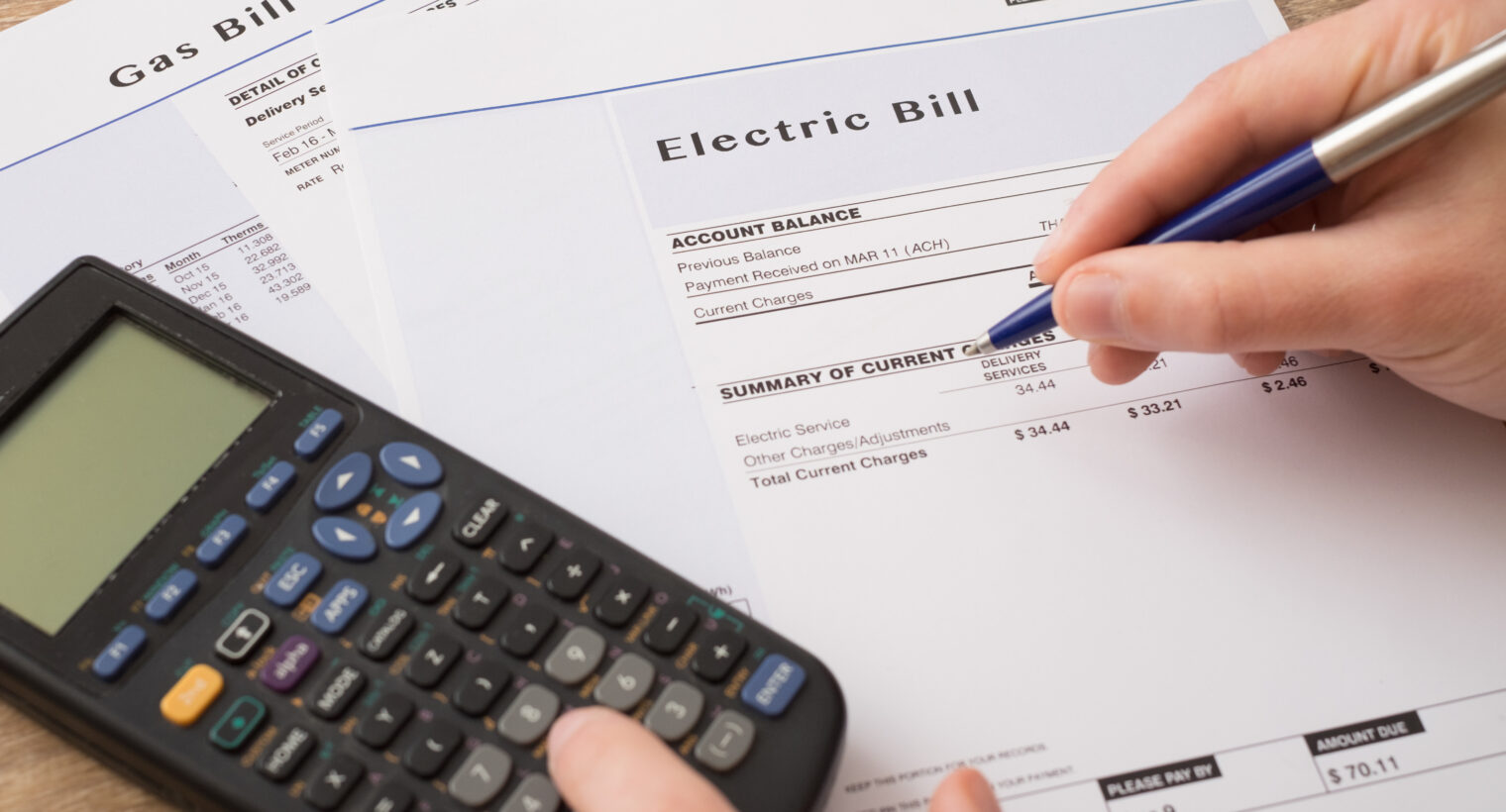This article is your complete guide to learning: does paying utilities build credit? Many of us are constantly looking for ways to improve our credit scores as homeowners. A good credit score can open doors to better financial opportunities, including lower interest rates on mortgages and loans. While most people are aware that paying their credit card bills on time is crucial for maintaining good credit, there’s often confusion about whether paying utilities can have the same positive effect. However, paying your utilities will not boost your credit enough to make a difference. This comprehensive guide will explore the relationship between paying utility bills and building credit. Let’s delve into the details to better understand this important aspect of homeownership.
Here at The Energy Professor, we want to give you the information you need to not only save money on your energy bill but to also become more energy efficient. We hope find this post helpful! And makes it easier for you to know more about do utility bills affect credit scores. Be sure to also check out our one-of-a-kind energy savings calculator!
The Energy Professor Electricity Rate Check Tool
Do Utility Bills Affect Credit Score?
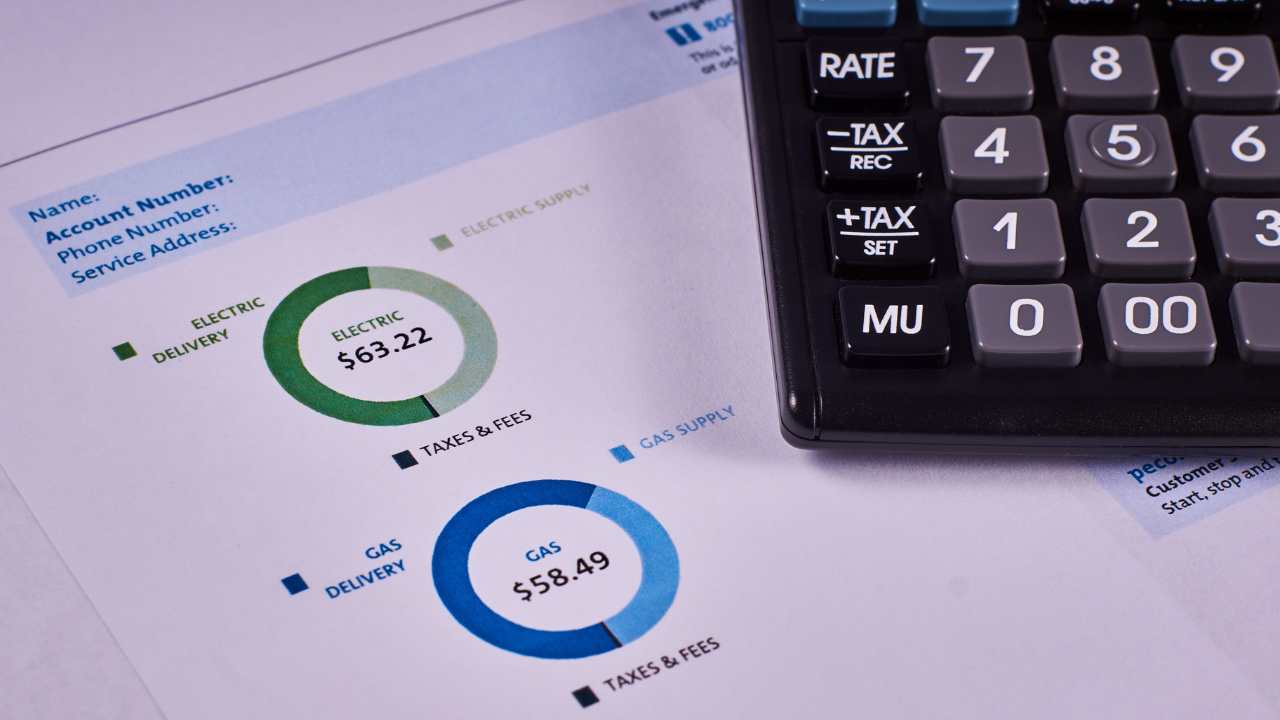
When it comes to building credit, it’s important to recognize that not all recurring payments are equal. Some bills, such as rent and utilities, have the potential to positively impact your credit score when reported to credit agencies, showcasing your responsible financial behavior and contributing to a robust credit history. However, others may go unnoticed by credit bureaus. To strategically boost your creditworthiness, add bills to your credit report that are reported. These bills play a pivotal role in enhancing your credit profile and opening doors to better financial opportunities.
What Bills Help Build Credit
- Rent: Your monthly rent payments can potentially boost your credit score, but this depends on whether your landlord reports the rent payments to the credit bureaus.
- Utility Bills: Utility bills, such as electricity, gas, water, and even internet and cable, can contribute to your credit-building efforts if they are reported to credit agencies.
Another question that often arises is, “How can paying bills with a credit card affect credit?”. Recurring payments like rent and utilities are bills that help build credit when they are reported to credit agencies. These payments showcase your responsible financial behavior and play a crucial role in enhancing your credit history. Ultimately contributing to a stronger overall credit profile.
Related Post: 6 Easy Tips for Air Circulation
Do Utility Bills Show on Credit Report?

Now that we know utility bills can impact your credit profile, it’s crucial to explore how to add utility bills to your credit report. Start by checking with your utility providers to see if they report payment histories to credit bureaus. If they do, great! If not, you can opt for self-reporting services designed for this purpose. These services enable you to actively include your utility payments in your credit history. This proactive approach enhances your creditworthiness by demonstrating responsible financial management. By understanding these options and taking the necessary steps to ensure your utility payments are accurately reflected on your credit report, you can effectively leverage this often-overlooked avenue to improve your credit standing.
How to Add Utility Bills to Your Credit Report
- Check with Your Utility Providers: Start by contacting your utility companies to find out if they report payment history to credit bureaus. Not all companies do, so it’s essential to confirm this.
- Self-Reporting: If your utility providers don’t report to credit bureaus, you have the option to self-report your payments. This involves using specialized services that allow you to report your utility bills to the credit bureaus. This can be a proactive way to boost your credit score.
If your providers do not report, you have the option of self-reporting your payments using specialized services. This proactive approach can significantly contribute to enhancing your credit score and overall financial well-being, giving you more control over your credit journey. By taking these steps, you can make the most of this opportunity to bolster your creditworthiness through your utility bills.
Related Post: What is Zero Waste?
How Paying Utility Bills Can Boost Your Credit
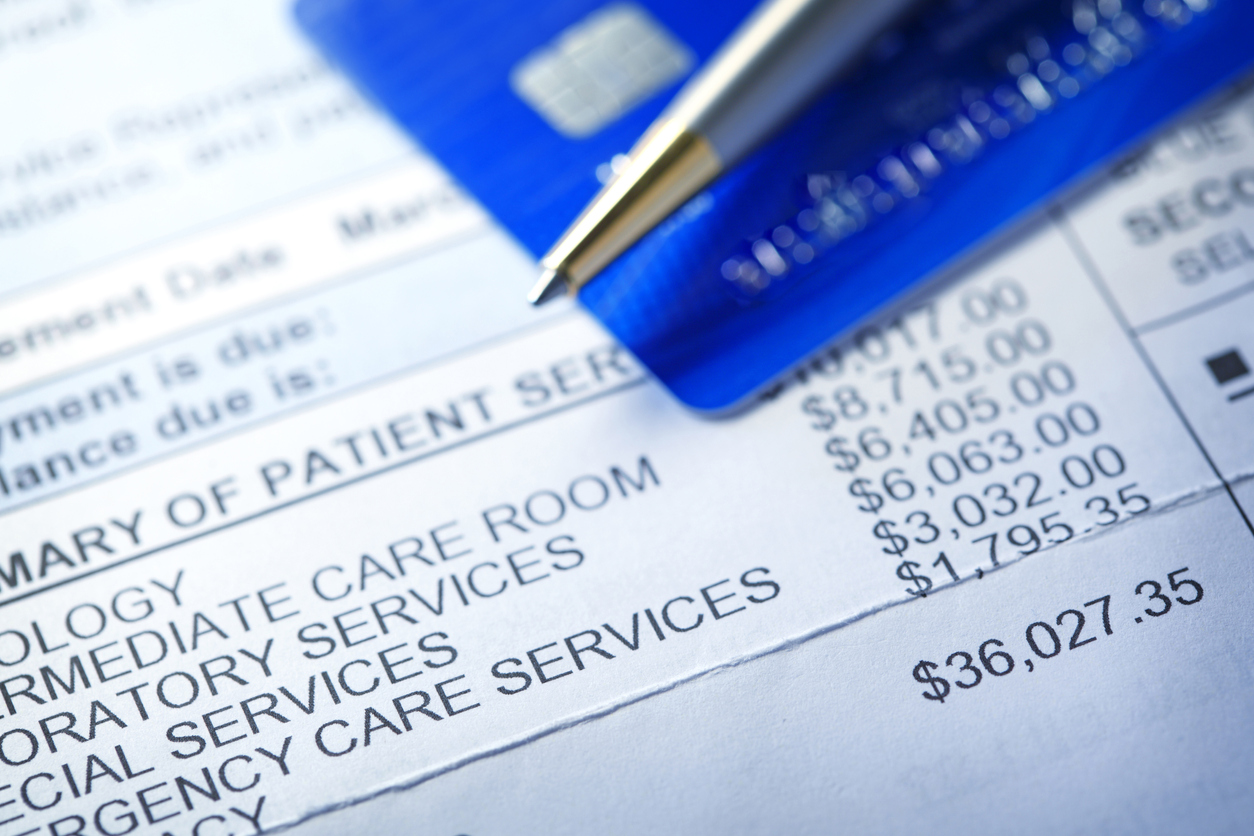
Now that we understand the potential impact of utility bills on your credit profile, it’s essential to explore how you can actively ensure that these payments appear on your credit report. One critical aspect of building credit through utility bills is knowing how to add utility bills to your credit report. To begin, contact your utility providers to ascertain whether they report payment histories to credit bureaus. Many major utility companies do, but it’s always prudent to confirm their policies. If your providers don’t report, you have an alternative: self-reporting. Several services specialize in facilitating the inclusion of utility payments in your credit history. This proactive step can help bolster your creditworthiness by showcasing your responsible financial management. By understanding these options and taking action to ensure that your utility payments are accurately reflected on your credit report, you can harness this often-overlooked avenue for improving your credit standing.
Do Utility Bills Affect Credit Score
- Payment History: Payment history is a significant factor in your credit score. When you consistently pay your utility bills on time, it demonstrates responsible financial behavior to creditors.
- Credit Mix: Credit bureaus consider the types of accounts you have. Including utility bills in your credit report diversifies your credit mix, potentially improving your score.
Including utility bills in your credit report contributes to a diversified credit mix. This has the potential to enhance your overall credit score. Recognizing the significance of these factors and managing your utility bill payments prudently can go a long way in fortifying your creditworthiness and paving the way for improved financial opportunities in the future.
Related Post: Should You Wash Your Dishes by Hand?
Can Utility Bills Hurt My Credit?
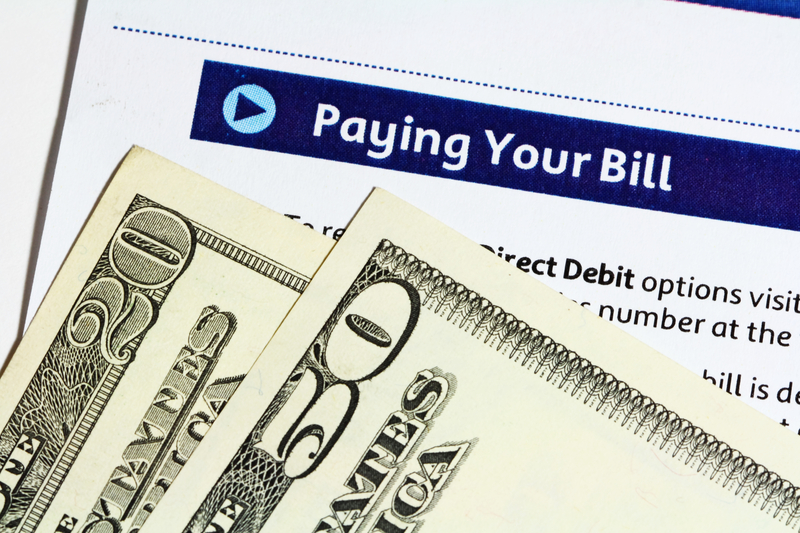
It’s important to be aware that utility bills can indeed hurt your credit if they are left unpaid. Utility companies have the authority to report delinquent accounts to credit bureaus, which can result in a negative mark on your credit report. Late payments or accounts sent to collections can have a detrimental effect on your credit score, making it harder to secure favorable terms on future loans or credit cards. Therefore, it’s crucial to prioritize timely payment of your utility bills to avoid any adverse consequences on your creditworthiness and maintain a strong financial standing.
Do Utility Companies Report to Credit Bureaus
- Utility companies may report delinquent accounts to credit bureaus, resulting in a negative impact on your credit score.
It’s essential to recognize that these companies have the right to report both positive and negative aspects of your payment history. To safeguard your creditworthiness, it’s imperative to prioritize on-time payments to utility companies, ensuring that your credit history remains strong and favorable for your financial goals. Staying informed and proactive in managing your utility bills is a vital aspect of maintaining a robust credit profile.
Related Post: What is the Average Home Electricity Usage?
Should I Pay Utilities with a Credit Card?
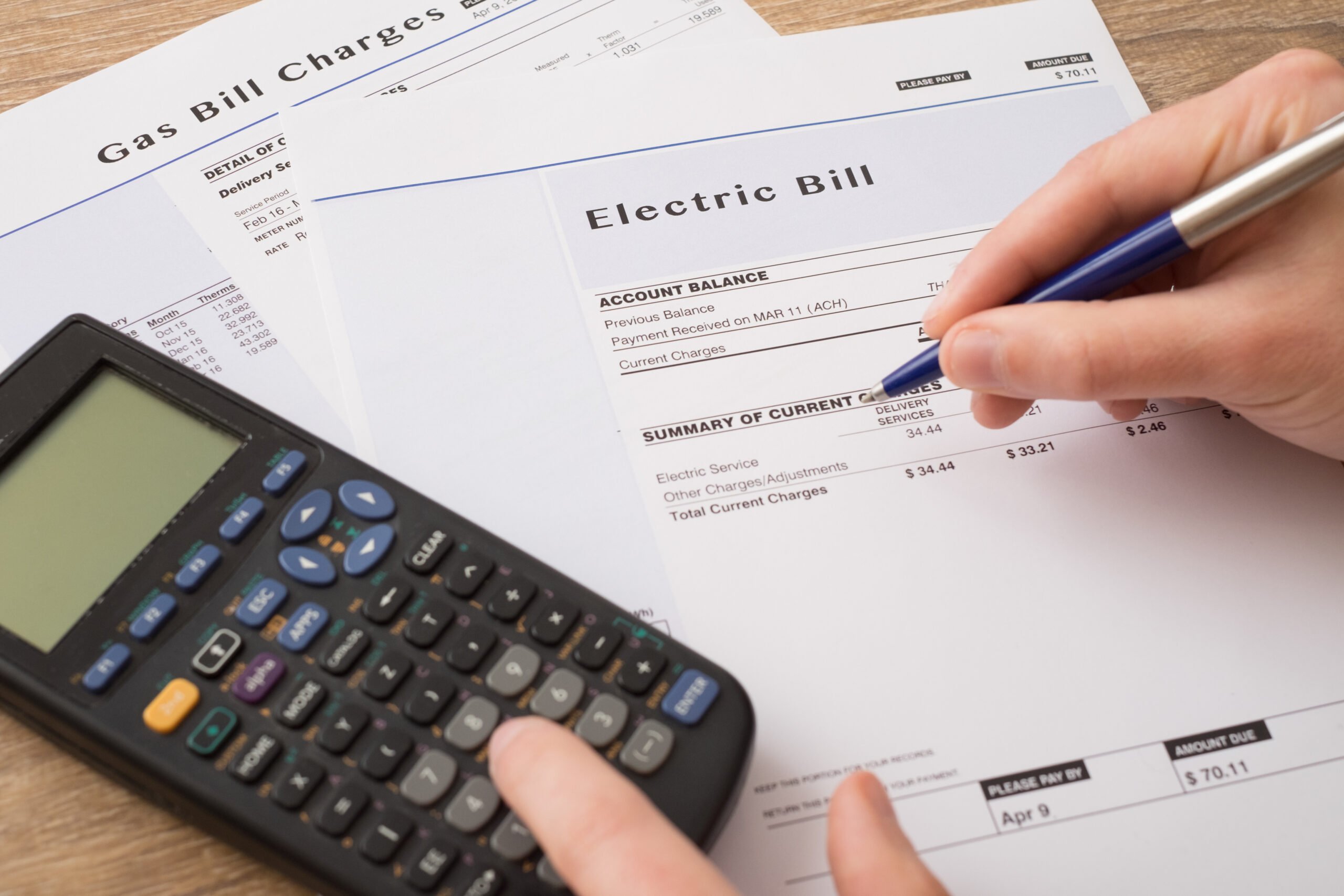
Paying utilities with credit card is a choice that warrants careful consideration. While it can be convenient and even offer rewards, it’s essential to weigh the pros and cons. On the positive side, using a credit card for utility payments can help build your credit if you consistently pay off your credit card balance on time. It also offers the convenience of consolidating various bills into one monthly payment. However, it’s crucial to be mindful of your credit utilization ratio, which is the amount of credit you’re using compared to your total credit limit. High credit card balances can negatively impact your credit score. Therefore, if you choose to pay utilities with a credit card, it’s essential to maintain responsible credit card management to reap the benefits without harming your creditworthiness.
Do Utilities Build Credit
Paying utilities with a credit card can be a convenient option, but does it help build credit? The answer is a bit nuanced:
- Payment Consistency: Using a credit card for utility payments can help you build credit if you consistently pay off your credit card balance on time.
- Credit Utilization: Be mindful of your credit utilization ratio, which is the amount of credit you’re using compared to your total credit limit. High credit card balances can negatively impact your credit score.
Paying your utility bills on time can have a positive impact on your credit score, but it largely depends on whether your utility providers report your payments to credit bureaus. If they don’t, you have the option to self-report. However, it’s essential to maintain a consistent payment history and manage your credit card usage responsibly to maximize the benefits of paying utilities towards building your credit.
Related Post: How to Weatherize Your Home to Save Energy
Do Paying Utilities Build Credit FAQ

Q: Do all utility companies report to credit bureaus?
A: No, not all utility companies report payment history to credit bureaus. Some may report only if your account goes into arrears or collections, while others may not report at all. It’s essential to check with your specific utility providers to understand their reporting policies.
Q: Can late utility payments hurt my credit score?
A: Yes, late utility payments can potentially harm your credit score. Utility companies have the authority to report delinquent accounts to credit bureaus, resulting in a negative mark on your credit report.
Q: How can I find out if my utility company reports to credit bureaus?
A: You can find out by contacting your utility provider directly and asking about their reporting policies. Inquire whether they report both positive and negative payment history or only negative instances.
Q: Should I pay my utility bills with a credit card?
A: Paying utility bills with a credit card can be convenient and help build credit if you consistently pay off your credit card balance on time. However, be mindful of your credit utilization ratio, as high credit card balances can negatively impact your credit score.
Q: What should I do if I find an error in my utility bill reporting on my credit report?
A: If you find an error, you should promptly dispute it with the credit bureau reporting the inaccurate information. They will investigate the dispute and make corrections if necessary.
Do you Need Cheaper Electricity?
If you’ve taken the time to understand the information on your bill and discovered you’re paying more than you’d like for your electricity, have you looked around for a cheaper deal? The Energy Professor has a wealth of information on ways to save on your utilities, including details of top deals that could significantly reduce your monthly or quarterly electricity bills.
We hope you found this article helpful! If you are looking for ways to increase energy efficiency and sustainability in your home be sure to take a look at all of the latest renewable energy options in your area. The Energy Professor helps residential and small business owners find qualified energy suppliers in New York, New Jersey, Pennsylvania, Texas, Ohio, Maryland, Illinois, and Massachusetts.

